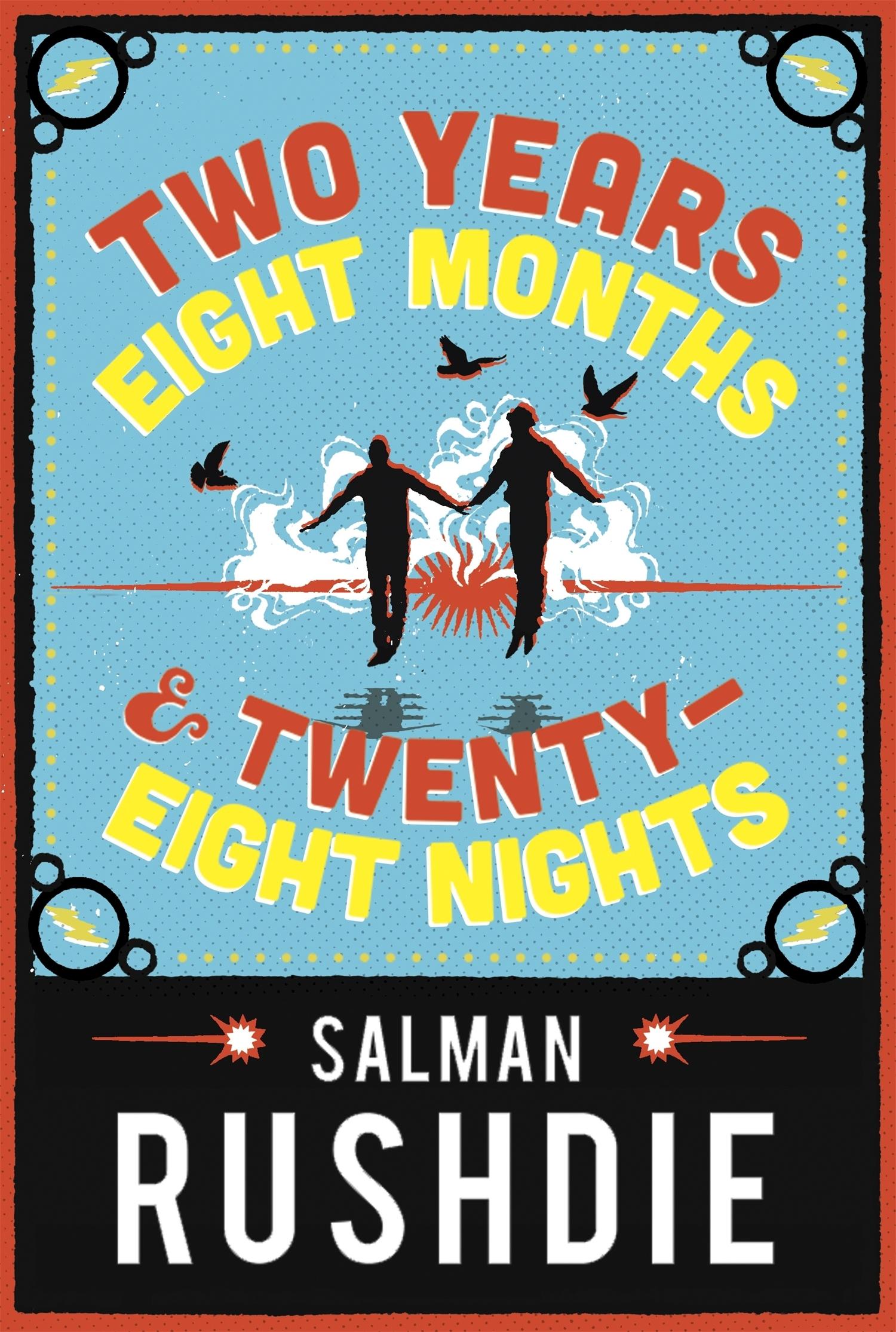Two Years, Eight
Months and Twenty‑Eight Nights by Salman Rushdie - review
Salman Rushdie’s name on the cover of a book comes with
baggage. Because of the history of the author’s previous works, there’s the
inevitable desire to compare with the old books. Midnight’s Children especially weighs upon all of the author’s work
because of the stature of that novel.
However, it’s not just comparison but expectation. The
reader expects the protagonist to be from the subcontinent and the novel to be
peppered with historical and contemporary references. There is the expectation
that the novel will reference and compare Eastern and Western histories. The
historical fiction is expected to be accompanied by magical realism. These
expectations can also weigh in on the evaluation of Rushdie’s new novel. And,
if the reader is expecting to find all those things, they won’t be disappointed.
Two Years, Eight
Months and Twenty‑Eight Nights is an unwieldy name which references the
1001 nights needed to tell the stories of Arabian nights. With that reference
it’s obvious where the historical references of the story are going to come
from. Like the Arabian nights, the book
is less a novel than a series of tales.
Rushdie does not self-reference as heavily as other
novelists (Phillip Roth and Orhan Pamuk, for example) but the novel is clearly
influenced by his life in America. The book is primarily concerned with
fragmentation and conflict which are recurring themes for Rushdie but it’s the
first time he’s had these themes in an American setting.
The tales of book are about several different characters,
both historical and contemporary and human and jinn. Thus the novel can feel a bit unfinished at times. It’s
possible this was the intention of the author but it feels as though the
structure could possibly have been made into more. Famous historical philosophers
Ibn Rush and Ghazali are the two primary characters and their cross-century conflict
underpins the entire story.
Mr. Geronimo is the strongest character in the book who
actually has a compelling backstory and seems to exist in reality (although a
reality which makes less and less sense to him). Too many characters feel like
cameo roles or unnecessary additions. The
character or Jinendra feels like an uncessary addition, while characters like
the Mayor and the Lady philosopher feel like they had potential but were never
fleshed out.
The book is fuelled by ideas more than characters, which is
unfortunate. Some of the most memorable characters in recent literature have
been Rushdie’s protagonist Saleem Sinai in Midnight’s
Children and Haroun in Haroun and the Sea of Stories. This
novel felt as though more time developing the characters than the ideas would
have resulted in a more enjoyable experience.
The abundance of switching between tales and periods usually
isn’t a probably for Rushdie but this time the flow is broken enough to lose
the reader’s attention. It’s possible that the focus on a central character
(perhaps Mr. Geronimo whose scenes are most realistic) would have saved the
book from being too formless. The abundance of ideas has come at the cost of
the development of the world of the novel itself which is left vague. While it
becomes clear that the grand theme is about reason and religion ( Ibn Rushd and
Ghazali are main characters, after all) the clarity comes at the cost of
feeling that one is reading a lecture and not a story.
The book itself has a lot of potential and occasional cameos
of brilliance. But in total it never really managed to get going and become
more than just a sum of sketches of varying appeal.

Comments
Post a Comment